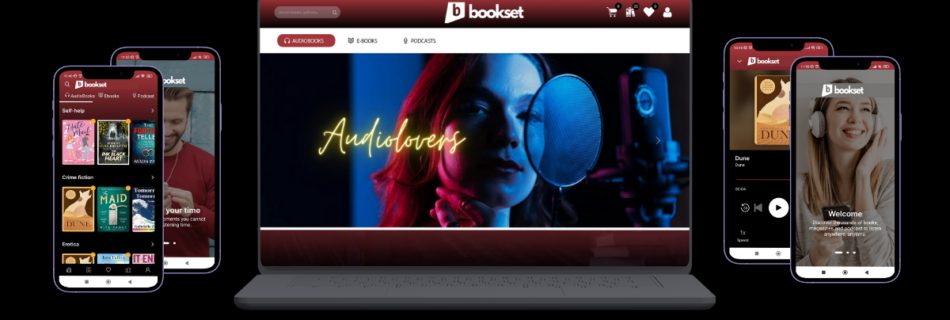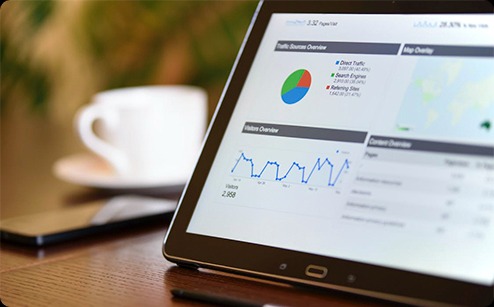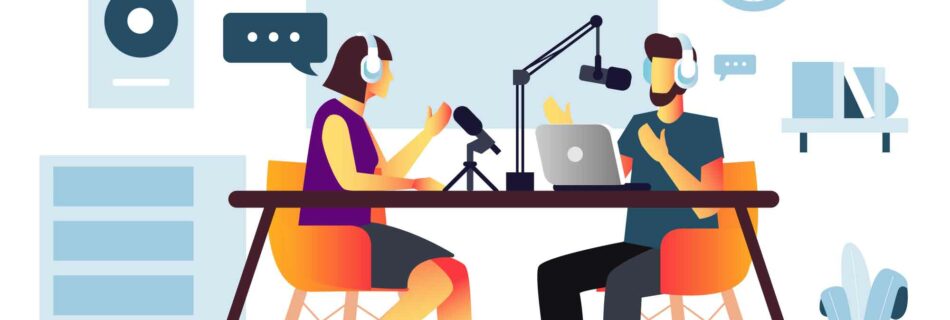Top 5 Tools for Independent Authors and Publishers
Boost your publishing workflow with the right technology Independent authors and small publishers face the same demands as large publishing houses—but with tighter budgets, smaller teams, and less infrastructure. The good news? Today’s digital tools can help level the playing field. Here are 5 essential tools to help you write, publish, sell, and grow as …
Read more “Top 5 Tools for Independent Authors and Publishers”










